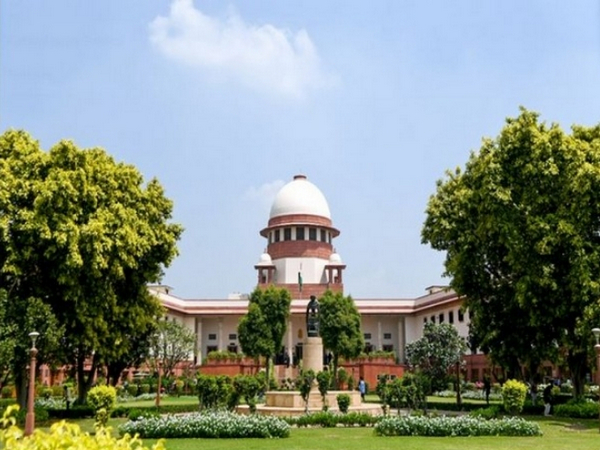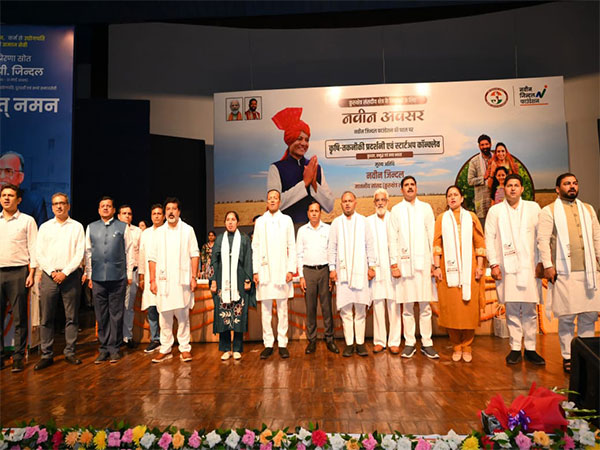New Delhi [India], May 9 (ANI): The Supreme Court on Friday dismissed a PIL seeking implementation of the three-language formula, proposed by the National Education Policy (NEP) 2020, in Tamil Nadu, Kerala and West Bengal.
A bench headed by Justice JB Pardiwala refused to entertain the plea, saying the court cannot directly compel a state to adopt a policy like the National Education Policy 2020.
The top court in its order stated, “It (court) cannot directly compel a state to adopt a policy like the National Education Policy 2020. The court may, however, intervene if a state’s action or inaction related to the National Education Policy violates any fundamental rights. We do not propose to examine this issue in this writ petition. We believe that the petitioner has nothing to do with the cause he proposes to espouse. Although he may be from the state of Tamil Nadu, yet on his own admission, he is residing in New Delhi. In such circumstances, this petition stands dismissed.”
The plea was filed by BJP lawyer GS Mani, stating the refusal or failure of the state government to implement the National Educational Policy of the Central government or sign an MOU may harm the public interest or infringe on citizens’ rights.
The petition sought direction to the state governments to implement the National Education Policy and sign an MOU which involves fundamental public welfare and rights of Education, constitutional rights, or government obligations that are being neglected or violated is very well maintainable.
“The state government is under a constitutional or legal obligation to implement the National Educational Policy, 2020 of the Central government and to enter into an MOU for the implementation of the said policy, scheme, or project,” the petition stated.
All state governments except Tamil Nadu, Kerala and West Bengal have adopted and implemented the Central government’s most important national education policy, the tri-language curriculum policy, advocate Mani said.
In the petition, the National Education Policy is a major education policy plan brought by the Central government with the aim of improving the quality of school education for students from all walks of life. “All Indian languages should be taught free of cost to school children belonging to the poor, scheduled, tribes, backwards, and the most backwards classes,” the petition added.
The petition said that the state governments of Tamil Nadu, Kerala and West Bengal are refusing to accept the three-language formula for political reasons, citing the false reason of imposing Hindi.
The Central government’s laws, plans and policies are applicable to all state governments, the petition further stated. It is the duty of the state government to implement such a policy and this is a fundamental duty and right given in the Constitution, it added.
“Free education is a fundamental right given by the Constitution. By refusing to accept this plan, the state government is denying the fundamental right of free education to the school children concerned. Therefore, the Supreme Court should intervene in this matter and issue an order to these three state governments to immediately implement the Central government’s National Education Policy,” added the PIL.
While the Centre defended the policy as a step towards multilingualism, Tamil Nadu said that it unfairly pressures non-Hindi-speaking states.
The Tamil Nadu government has accused the Central government of trying to push Hindi “sideways” through the NEP, despite the state’s longstanding resistance to such policies.
The government has strongly opposed implementing the NEP, raising concerns over the three-language formula and alleging that the Centre wants to “impose” Hindi. (ANI)
Disclaimer: This story is auto-generated from a syndicated feed of ANI; only the image & headline may have been reworked by News Services Division of World News Network Inc Ltd and Palghar News and Pune News and World News
HINDI, MARATHI, GUJARATI, TAMIL, TELUGU, BENGALI, KANNADA, ORIYA, PUNJABI, URDU, MALAYALAM
For more details and packages
















